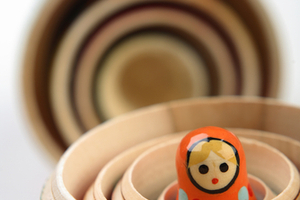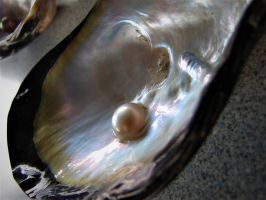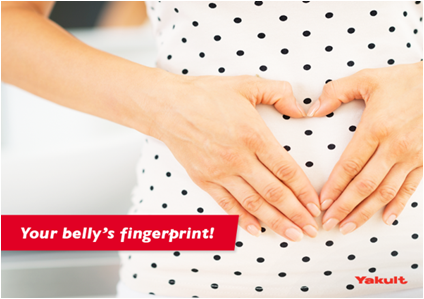Science Hack & Bites
Science plays an important role in our everyday lives, find out how you can make life easier with our fun hacks. Plus, read the latest science news and facts in our latest bites!
Science Hack: Get packing!

Get your suitcase ready for your summer holiday by leaving some crumpled newpaper inside for a few days. The porous structure of the paper will remove any remaining odours from previous travels.
Science Hack: Need a little boost?
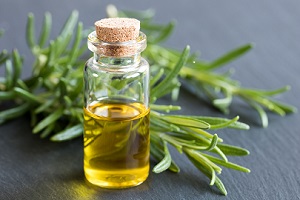
Need something to help boost your day? Smelling rosemary herb oil can help increase alterness.
Science Hack: Say no to sandy toes!
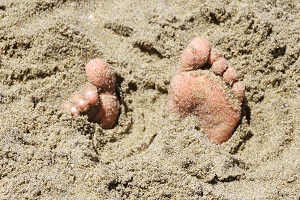
Struggling to remove sand from your feet when you head off the beach? Try our handy tip, simply sprinkle talcum powder over feet and toes and rub gently, the powder absorbs excess moisture and the sand easily wipes away.
Science Hack: In a sticky situation?
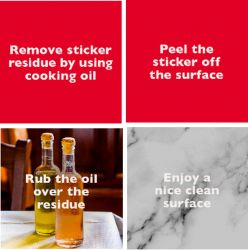
Sticky residue annoying you? Science can help! Chemical compounds found in cooking oils breakdown the residue left behind when a sticker is peeled off.
Science Hack: Ice bucket challenge?
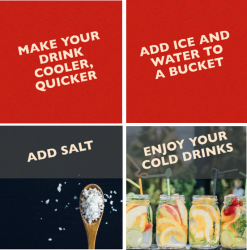
Who knew science could help you crack open a cold one faster? Salt drastically lowers the freezing point of water - so add some to your ice bucket along with unopened bottles, wait as long as you can, open and enjoy!
Science Hack: Keep your bananas fresh!
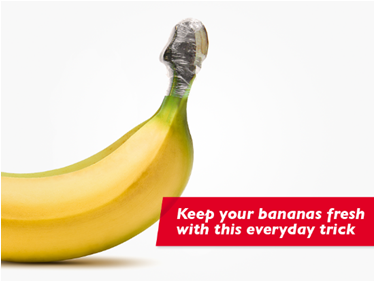
Wrap your bananas in cling film to keep them fresh – it helps to contain the ethylene gas that is naturally produced and causes them to ripen.
Science Hack: Prevent your spuds from sprouting
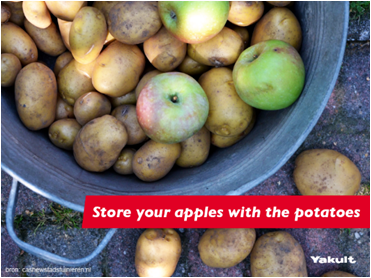
Place an apple in with your potatoes – the ethylene gas it produces will prevent your spuds from sprouting!
Science Hack: Stop crying over your onions
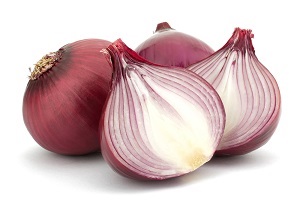
When you slice an onion, a chemical reaction occurs between enzymes and chemicals to form a gas. This is what produces the potent smell of an onion, and is also to blame for the tears and the stinging sensation in your eyes. However, onions that are chilled for 30 minutes before chopping give off less of this eye-irritating gas that makes you tear-up because the lower temperature inhibits the chemical reaction!
Science Hack: How to identfy a bad egg!
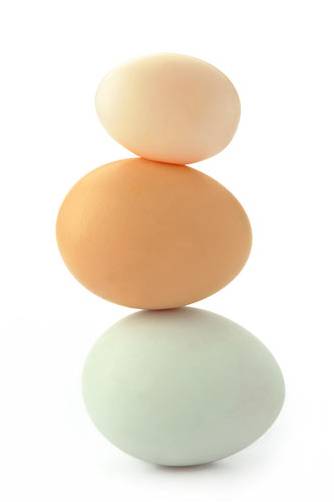
Fill a jar with water, if the egg sinks and lies on its side, on a point or at an angle it’s fresh. The older the egg the more vertical it is, if it floats to the top, it may be a bad egg! It may not be rotten but it won’t be fresh. Why is this?
When laid, eggs have an air sack that increases in size at is gets older. Eggshells are porous, as they age the sack cell fills with more air increasing its buoyancy. Hence, the older the egg, the more air it contains enabling it to float in the water.



